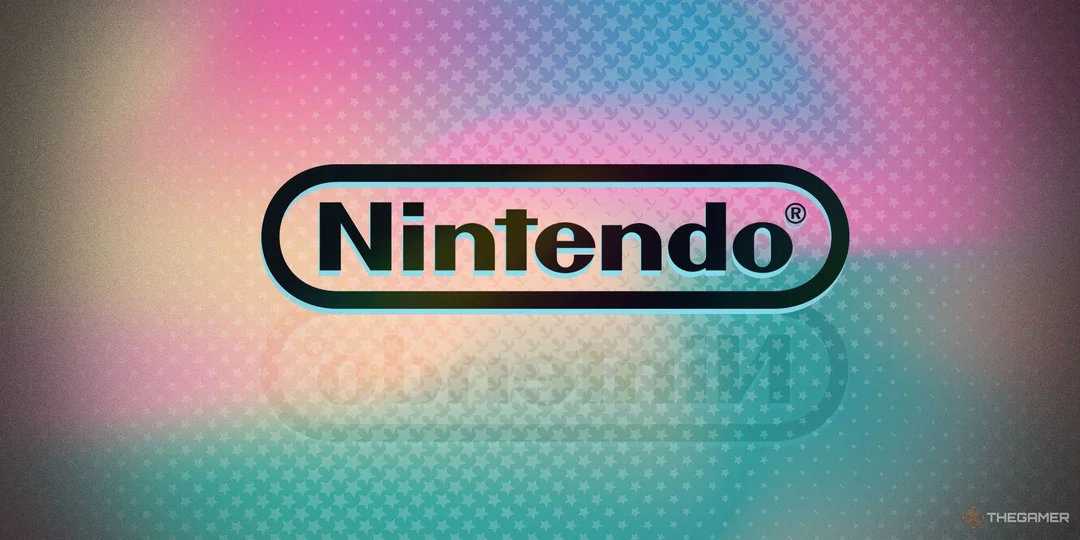
Wii Homebrew Scene Rocked by Libogc Code Theft Allegations: Is the Community Built on Lies?
The Wii homebrew community, a vibrant ecosystem of enthusiasts developing unofficial software for the Nintendo Wii, is facing a significant crisis. Allegations of code theft and licensing violations surrounding libogc, a crucial C library underpinning almost all Wii and GameCube homebrew software, have sent shockwaves through the community. The accusations raise serious questions about the legality and future of countless homebrew projects. Is the foundation of this community built on a shaky ground of copyright infringement?
What is Libogc and Why Does it Matter? Libogc is the backbone of Wii and GameCube homebrew development. It's a C library that provides essential functions and tools, allowing developers to create original games, emulators, and utilities for these consoles. The Homebrew Channel (HBC), a popular application for launching homebrew software on the Wii, relies heavily on libogc. Essentially, much of the homebrew scene as we know it depends on this library.

The Homebrew Channel Archives Its Repository: Amidst the rising concerns, Hector Martin, the lead developer of the Homebrew Channel, made a dramatic move by archiving the project's GitHub repository. In a detailed explanation within the README file, Martin openly admitted that he'd suspected the presence of ill-gotten code within libogc since as far back as 2008. He points to accusations of decompiling commercial games and copying leaked Nintendo SDK documentation.
RTEMS Code Accusations: Inspiration or Theft? The most recent and perhaps most damning allegation involves the Real-Time Executive for Multiprocessor Systems (RTEMS), an open-source real-time operating system. It's claimed that substantial portions of libogc were copied from RTEMS, with the code superficially modified to obscure the origins and avoid giving proper attribution.

While RTEMS uses the permissive BSD 2-Clause license, requiring only attribution, the libogc developers allegedly failed to provide it. Martin highlights specific functions as examples, suggesting the similarities are too significant to be coincidental. The failure to acknowledge RTEMS as an inspiration raises serious questions about the integrity of the library's development.
Libogc Developers Respond (Sort Of): An official response from the libogc developers is still awaited. However, some individuals involved have addressed the allegations through social media and personal blogs. Alberto Mardegan, a newer contributor, acknowledged that some code may have been "inspired" by RTEMS but stopped short of admitting outright copyright infringement. Dave [WinterMute] Murphy, who maintains the devkitPro project that incorporates libogc, stated that the project has "no interest in litigating something that occurred 21 years ago," suggesting they consider the issues surrounding proprietary Nintendo code irrelevant at this point.
Murphy also acknowledges reverse engineering may have been used to produce some code, but no source code was read nor tools used to turn assembly into C. It seems the developers weighed the benefit of libogc to the community over concerns about its origins.
What Does This Mean for the Wii Homebrew Community? The future is uncertain. The Homebrew Channel team believes it's "impossible to legally and legitimately compile this software at this point" due to the issues surrounding libogc. While existing homebrew installations may continue to function, the controversy casts a long shadow over future development and the community's reputation.
Doing the Right Thing? Though the Wii Homebrew Channel hadn't seen significant updates in years, Martin's archiving of the repository has brought broader attention to the discussion. Whether the Nintendo SDK leaks were used or not, the usage of RTEMS as reference without crediting, even if unintentional, breaks the open source community norms.
The allegations surrounding libogc serve as a cautionary tale for the open-source community. While the full extent of the issues may never be definitively proven, the controversy highlights the importance of transparency, proper attribution, and ethical code development. Will the Wii homebrew community be able to overcome this crisis? Or will it be forever tainted by these allegations?
What are your thoughts on these allegations? Do you think the Wii homebrew community can recover from this? Share your opinions in the comments below!